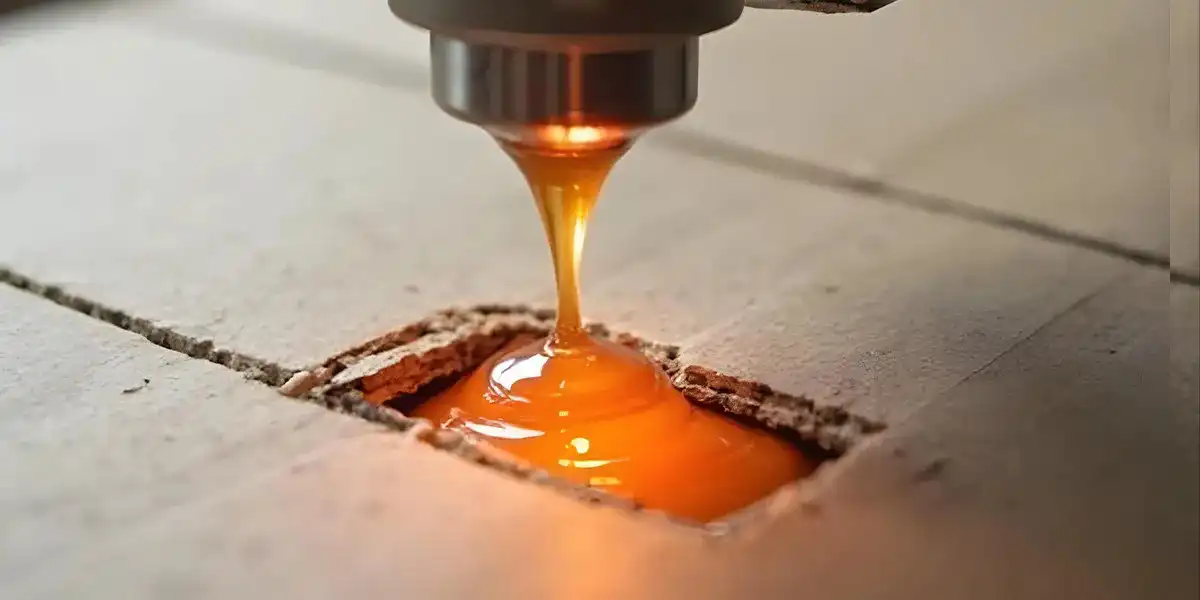
Hot Melt Adhesives for Bonding various surfaces
Hot Melt Adhesives for Bonding various surfaces

Hot Melt Adhesives for Bonding various surfaces
Hot Melt Adhesives for Bonding various surfaces
Best Adhesive for Bonding Metal to Metal: Strong & Durable Solutions
Best Adhesive for Bonding Plastic to Plastic: Strong & Reliable Solutions
Best Adhesive for Bonding Aluminum to Steel: Strong & Durable Solutions
Adhesive for Bonding Rubber to Concrete: Best Options for a Secure Hold
Best Adhesive for Bonding Metal to Plastic: Effective Bonding Solutions
Conclusion: Choosing the Right Hot Melt Adhesive for Your Needs
FAQ'S
What does hot melt glue bond with?
Hot melt glue can bond with a wide variety of materials, including paper, cardboard, fabric, plastic, metal, and wood.
What is the principle of hot melt adhesive?
The principle of hot melt adhesive involves melting the adhesive to a liquid state and then applying it to the surfaces that need to be bonded. As it cools and solidifies, it creates a strong bond.
Where is hot melt adhesive used?
Hot melt adhesive is commonly used in industries such as packaging, woodworking, product assembly, bookbinding, and automotive manufacturing.
What polymer is used in hot melt adhesive?
Polyolefins are commonly used in hot melt adhesives due to their excellent bonding properties and flexibility when melted.
What is the advantage of hot melt adhesives?
Hot melt adhesives offer fast bonding times, high strength bonds, versatility in application methods (spray, roll-on, extrusion), and resistance to temperature fluctuations.
Is hot melt adhesive safe?
Hot melt adhesives are generally considered safe for use as they do not contain volatile organic compounds (VOCs) and emit minimal odors during application.
Is hot melt adhesive waterproof?
Yes, many types of hot melt adhesives are waterproof once bonded properly. They can withstand exposure to moisture without losing their adhesion strength.
What is the meaning of adhesive bonding?
Adhesive bonding refers to the process of joining two or more materials together using an adhesive substance that forms a durable bond between them without altering the properties of the individual materials.
Mahisa Packaging Systems LLP
Office Address :
Service & Spares :
Sales Inquiry :
Sales phone: +91 98210 49426
+91 84510 70625
+91 72089 76891
Sales email: sales@mahisa.com
Social Links :
Need Help? Chat with us